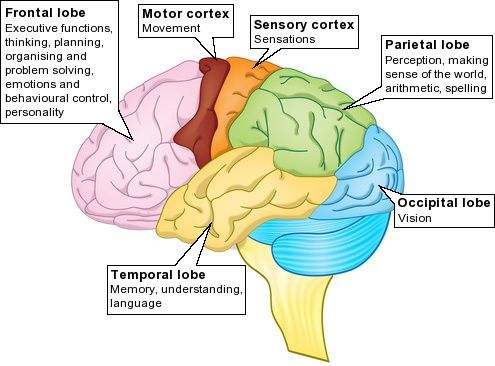Memory Clinic
What is a Memory Clinic?
At Neuro NSW, we have a professional team of specialists who can offer assessments for people suffering from memory difficulties or thinking-related problems.
The aim is to give you a diagnosis or explanation for progressive memory loss or changes to your thinking (cognition), language skills, or behaviour.
If you have any indication or suspicion of impairment, this is the first step in determining whether further evaluation is needed.
What is the Memory Clinic?
The Memory Clinic offers the following services:
- Expert clinical assessment and diagnosis
- Information on treatment options
- Education and support
- Advice on planning for the future
- Information on managing day-to-day care

Why Visiting a Memory Clinic is Important?
An assessment for cognitive impairment and dementia is important because an early diagnosis means early access to support, information and medication.
There is no single definitive test for diagnosing dementia, but a full Assessment will account for:
- behavioural,
- functional and
- psychosocial changes,
together with radiological and laboratory tests. A full assessment process may take several visits to complete.
Benefits of a Memory Clinic Appointment?
If screening for memory-related disorders is negative, any concerns can be alleviated.
If screening is positive and further evaluation is warranted, the cause of impairment (for example, medication side effects, metabolic and endocrine imbalance, substance use, sleep disorder, delirium, depression or anxiety, or Alzheimer’s or related dementia).
Isolating the cause may result in immediately taking the next steps, such as:
- Treating the underlying disease or health condition.
- Ensuring the person has support services and a care network and help with medical, legal, and financial concerns.
- Develop strategies to improve quality of life, modify the person’s lifestyle, make home safety modifications, and manage emotions related to the dementia diagnosis.
Memory Clinic Tests
The memory clinic tests are assessments used to determine brain (cognitive) function.
In dementia, certain areas of the brain are commonly affected early on. These areas tend to affect certain aspects of brain function, e.g. short-term memory recall, which becomes apparent on memory tests. The below diagram illustrates the different functions of the varying areas (lobes) of the brain.
A diagnostic “memory test” assesses each specific brain lobe to see how well they function. So what happens when certain areas are impaired?
Preparation for a Memory Assessment
Before the appointment at the clinic, we ask for blood tests. This is to check a reversible cause like low vitamin levels. Your GP will usually do these and give us the results.
During an Initial Memory Clinic Visit
Your Neurologist will take a clinical history to see how your problems came about and over how long they have been progressing.
Your history may involve questions covering:
- Risk factors - vascular disease (link to our diabetes guide), alcohol, head injury, mood disorders, behavioural and psychological symptoms, recent illness, medications
- Activities of Daily Living (ADL), instrumental ADLs, cognitive complaints, mood, driving, safety
- An assessment may also involve your family members or friends to see how they describe the problems you have had or changes and functional decline (time course = onset, progression). This is called a “collateral” history and is also very important.
- Any results of prior memory tests and brain scans will also be examined.
Your doctor may discuss possible diagnoses and talk to you about the next steps. This might include repeating the tests in the future or trying medication/psychology treatment if we find any problems.
Get in Touch
Once your referral is triaged, an appointment date and time will be made for you.
About Us
Neuro NSW provide multi disciplinary care and are a multi specialist practice. We provide extensive Neuro diagnostic testing and comprehensive Neurological assessment.
Get in Touch
- Mon - Thu
- -
- Fri - Sun
- Closed
- Public Holidays: Closed
- Closed from 22/12/2023 - 03/01/2024
- Emergency: Not
available
All Rights Reserved | Neuro NSW Brain & Spine Specialists






